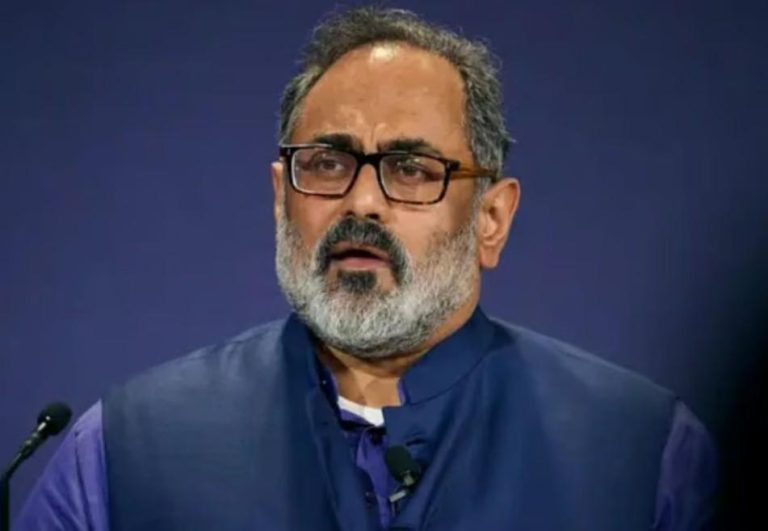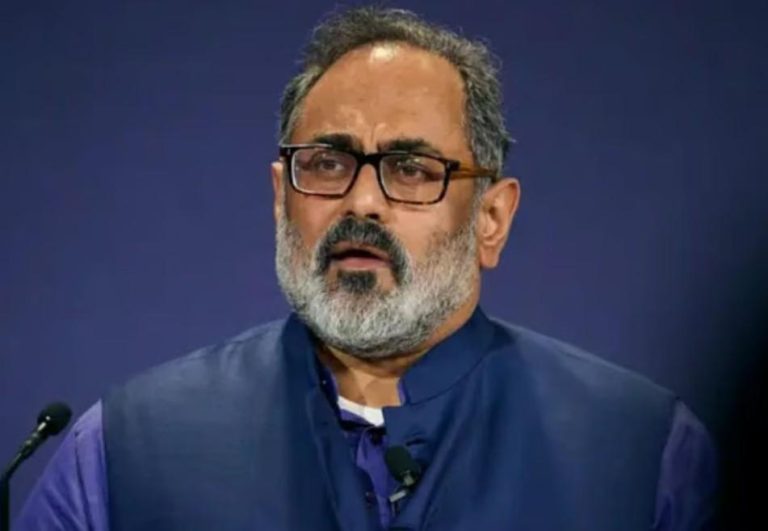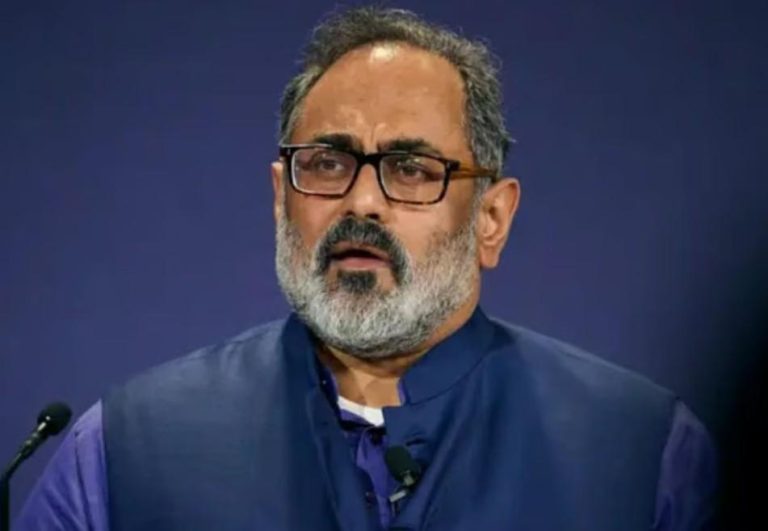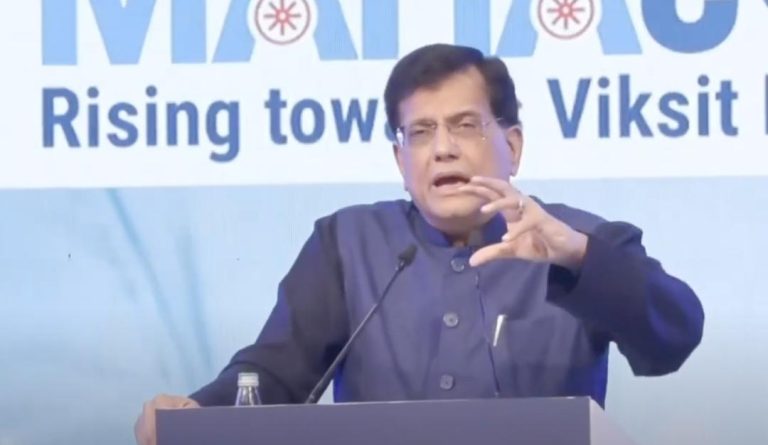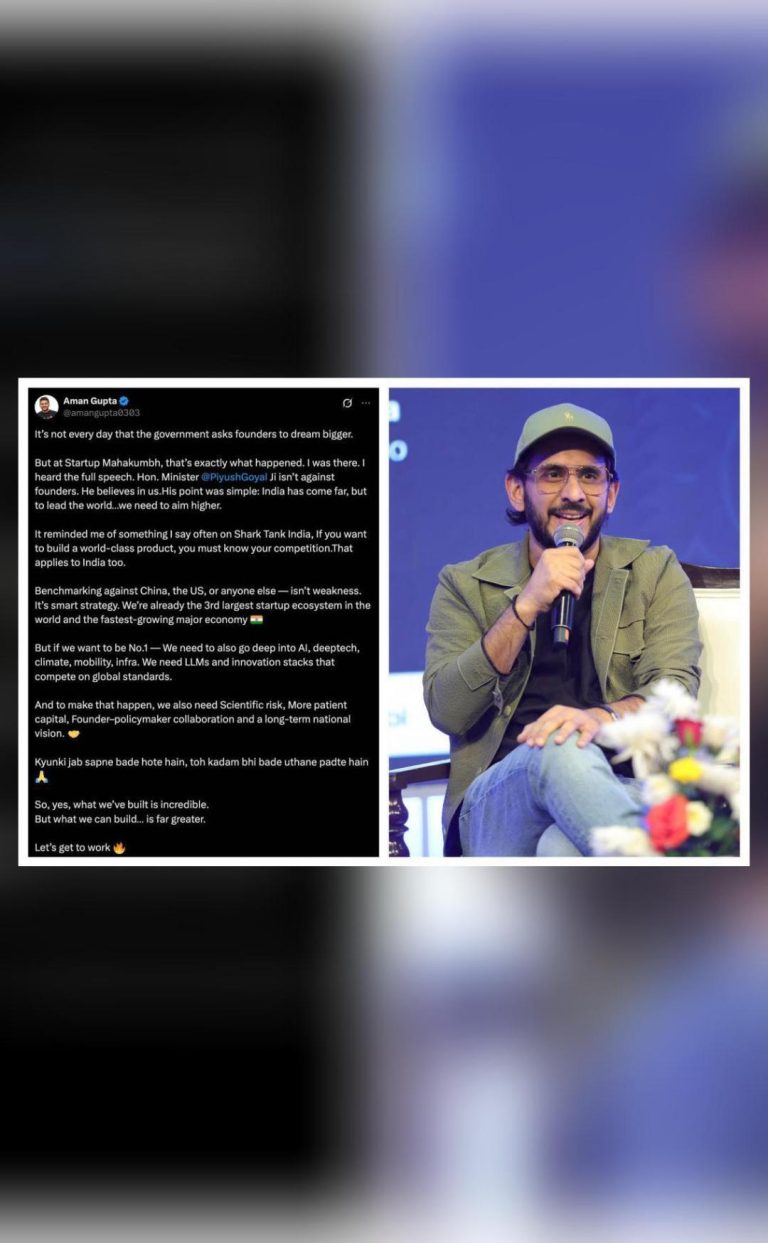
Jailed J&K MP Engineer Rashid gets parole to attend Parliament
In a significant development, the Delhi High Court has granted two-day custody parole to jailed Baramulla MP Engineer Rashid to attend the ongoing budget session of Parliament. The court has imposed several conditions on him, including a ban on using phones, the internet, and speaking to media or anyone else. This decision comes as a relief to Engineer Rashid, who has been facing trial in a terror funding case.
Engineer Rashid, a member of Parliament from Jammu and Kashmir, was arrested in August 2017 by the National Investigation Agency (NIA) in connection with a terror funding case. He has been in Tihar Jail since then, and his bail pleas have been rejected multiple times.
According to the court order, Rashid will be escorted by police during his two-day parole, which is scheduled to begin on March 9. The court has also directed him to report to the police station nearest to the Parliament House every hour during this period.
Engineer Rashid’s counsel, Advocate Sumeet Gulati, had moved an application to the court seeking permission for his client to attend the budget session of Parliament. The counsel argued that Rashid is an elected representative and has a constitutional duty to attend the session.
The court, while granting the parole, has imposed several conditions to ensure that Rashid does not misuse his freedom. The conditions include:
- Rashid is not allowed to use his phone or any other electronic device to communicate with anyone.
- He is not permitted to use the internet or access any social media platform.
- He is not allowed to speak to media or anyone else, including his family members or colleagues.
- He will be escorted by police at all times during his parole.
- He will report to the police station nearest to the Parliament House every hour during his parole.
- He will not leave Delhi during the parole period.
The court’s decision has been welcomed by Engineer Rashid’s supporters, who have been demanding his release on bail. They have argued that the MP is being victimized for his political views and is being targeted by the government.
Engineer Rashid’s party, the National Conference, has also welcomed the court’s decision. “We are pleased that the court has granted Engineer Rashid a two-day parole to attend the budget session of Parliament,” said a party spokesperson. “We hope that this is a step towards his release on bail and an end to the political vendetta against him.”
The NIA, which is investigating the terror funding case, had opposed Rashid’s parole application. The agency had argued that Rashid was a flight risk and may flee the country if granted parole.
The court’s decision has sparked a debate on the issue of parliamentary privileges and the rights of elected representatives. Some have argued that the court’s decision is a blow to the parliamentary system, while others have welcomed the decision as a victory for democracy.
In conclusion, the Delhi High Court’s decision to grant Engineer Rashid a two-day custody parole to attend the budget session of Parliament is a significant development in the ongoing case. While the court has imposed several conditions on Rashid, his supporters see this as a step towards his release on bail and an end to the political vendetta against him. The case highlights the complexities of parliamentary privileges and the rights of elected representatives, and raises important questions about the balance between security concerns and democratic norms.
